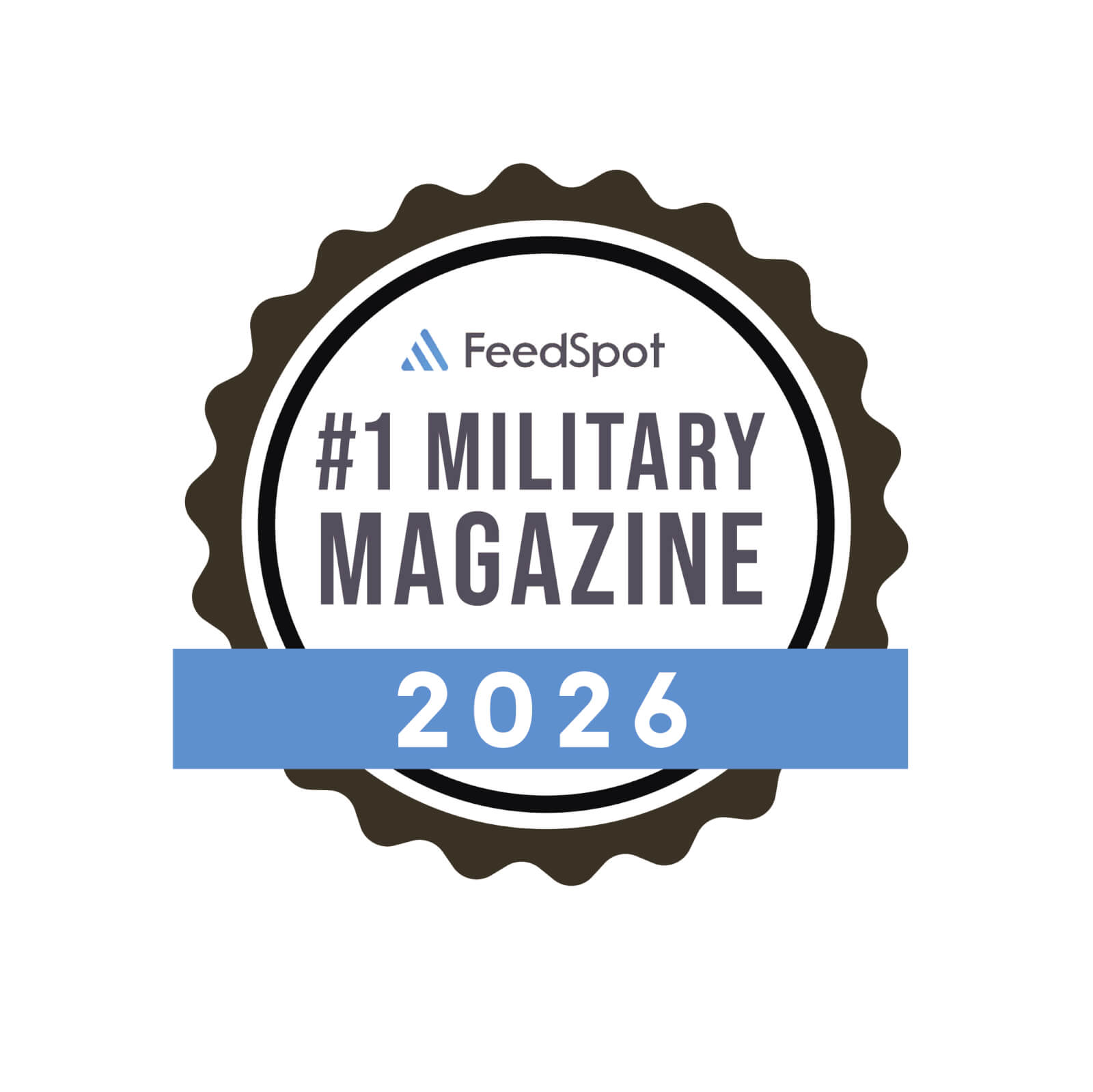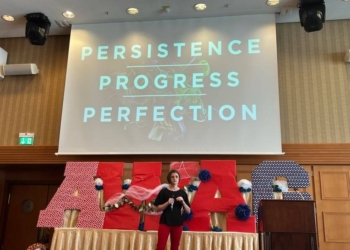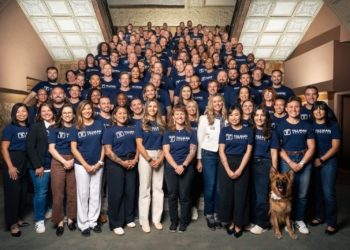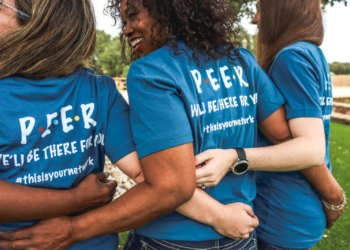Brandi Kunkle has moved five times in seven years as a military spouse, but has not let the location fluctuation affect her educational goals.
A first-generation college graduate, she’s now pursuing a Master of Science in Leadership degree at Embry-Riddle Aeronautical University in a lifestyle that includes frequent PCSing, deployments, working and raising two children.
“I made the decision in November of 2021 that I wanted to do something for myself and started back,” said Kunkle, who has four courses remaining until she graduates.
With her husband’s career as a naval aviator, Embry-Riddle is name-dropped often in what Kunkle called a “niche community.”
“I had no doubt about the reputation and was excited to learn they also offered business degrees because I am no pilot, but I have a love for aviation and aerospace,” she said of the university that has programs in applied science; aviation; business; computers and technology; engineering; safety, security and intelligence; and space.
But at its core, the flexibility of the programming and the application process are what truly grabbed Kunkle’s attention. Embry-Riddle has a rolling application deadline, meaning she could apply year-round. This gave her the opportunity to discuss with her husband the prospect of returning to school, as well as research.
“When I came to the decision to give it a try, I didn’t miss a deadline and then there were five start terms to choose from,” she said. “So, I was able to take my time deciding and choosing when to start for when it was best for my family.”
Embry-Riddle’s courses are nine weeks and broken down into “weekly modules.”
“With that structure, I can see what assignments are upcoming and the deadlines,” she said. “This allows me to see how I can fit my life into my courses and not the other way around.”
The flexibility also allowed her to have family time during her husband’s detachments and take vacations without worrying about completing schoolwork.
“My youngest (he’s 2) will grab his leapfrog computer and say, “I do my homework like mommy!” with the biggest grin,” she said. “It makes me proud to know that I am setting an example for my boys.”
Kunkle recently completed a cross-country PCS with her family and thought about stepping away from her coursework for the January term as a result. But ultimately, she decided to push forward.
“The 100% asynchronous online modality allowed me to continue my class from our hotel room, my mothers-in-law’s house, and our empty house at our new duty station,” Kunkle said. “I have photos my kids took of me using boxes as tables or laying on the floor to complete assignments.”
Plus, most of her instructors are either veterans or military-affiliated, so they understand and can relate to how the military lifestyle could affect a student’s work.
Smaller class sizes also mean there are familiar faces are in each new course and friendships develop, Kunkle said.
“During the PCS, my classmates and instructor reached out to see how I was doing and provided encouragement,” she said. “I do not feel like a number in my class and that provides a network of support.”
Kunkle is not only a student at Embry-Riddle, but a university employee. She said her leadership team is not only “in tune” with the demands of being a military spouse and working mother, but “truly value” her for it.
“As a military spouse, having a job that allows you to take it with you when you PCS is rare, and I never had that before,” she said. “I was always saying good-bye around 10 months to PCS again and it was discouraging.”
Embry-Riddle has many military spouse employees and, according to Kunkle, “a larger network of military as students.”
More than 200 employers recruit from Embry-Riddle, which Kunkle said was reassuring as a military spouse.
“It is nice to know that no matter where I move there will be companies that want to hire me because of where I chose to study,” she said.

































